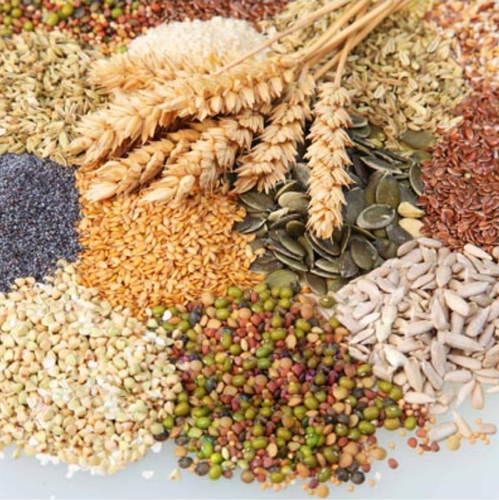The government of Punjab is directly included in an apparently unending showdown with the Centre against the new central farm laws. The anti-Centre disturbance is basically designed by the politicians of the administering party. The new law as passed within the State Assembly on October 20, 2020 has ensured the minimum support price (MSP) for the rice and wheat producers. In all the states, wheat and paddy producers had begun to induce MSP security since 2018 with the Central government’s decision in its Union budget of executing MSP for the first time. It exists for a total of 23 crops as of now. A fear has been permeated through the minds of the common farmers that with the recently passed central laws, the MSP would no longer exist.
Ahead of another farmers’ protest planned for month-end against the three farm laws, the Centre recently declared that the central laws are within the interests of the farming community and it was still open to have dialogue with them and clear their queries.
Union Agriculture Minister, Narendra Singh Tomar and Food Minister, Piyush Goyal asserted that these laws were enacted by the central government to give more options to farmers to sell their produce at better rates, but the states like Punjab, as per the Ministers, are “misleading” them. Ever since the three laws were passed in Parliament in September, farmers have been protesting largely in the Congress-ruled states of Rajasthan, Chhattisgarh and Punjab which have brought their own farm laws to negate the central acts.
Farmers are widely under a fear that this may affect the procurement system, and that it could well impact the availability of foodgrains in the public distribution system, at a time when India ranks 94 out of 107 countries in the Global Hunger Index. The consequences of this damage would extend far beyond the agricultural sector and could engulf the cities as well.
With a growing number of urban households moving away from a dependence on the PDS, there is a tendency to dismiss the centrality of the public distribution of foodgrains in the cities. But for those who are vulnerable, ration wheat and rice continue to form an important part of the household budget and consumption basket. In times of crisis, particularly after the loss of jobs and income during the Covid crisis, the dependence of the poorer households on the PDS can be acute and has infact increased. Around 67 % population of the country falls under the Public Distribution System (PDS) for food grains. Hence, stopping of MSP is not even thinkable as stated by experts. If government stops MSP then PDS will also be abolished automatically.
“MSP procurement cannot be stopped in India when around 90 crore people are to be covered under PDS for food grain. Farmers of Punjab need not worry about stopping of MSP purchase because Punjab’s food grain is going across the country under PDS system,” said economist Dr. Sardara Singh Johaladding. He also added that at the time of any natural calamity, the government has to distribute ration to the poor as it happened during the pandemic, and without procuring food grain on MSP, such distribution by the government is not possible. However, doing so is not as easy as the government thinks.
The PDS also continues to be a critical urban policy instrument. Recently during the lockdown which came in the shadow of the pandemic, the government provided 5 kg of rice and wheat free of cost to each ration cardholder in the PDS. This had not strained the government’s finances as it used stock of grains that was already procured. In a quarter when the economy had contracted to just around three-fourths its size, the government would have struggled to find the resources to buy the grain in the open market. And, yet such an open market is precisely what the government has ensured with its three Farm Bills.
Even during the pandemic, not only BPL but also the Above Poverty line (APL) group, with an annual income of less than Rs 1 lakh, were eligible for food grains under PDS, and large numbers of such families have availed foodgrains under the system.
The author is a student member of Amity Centre of Happiness





